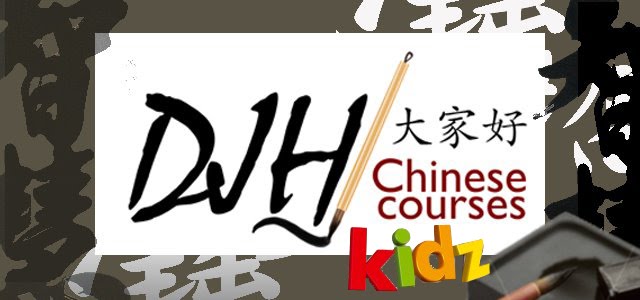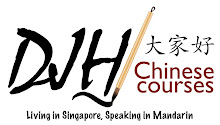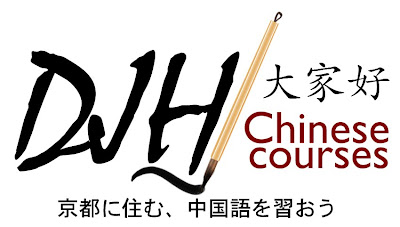Expert Nan Cheng tutors the Hamilton School children in the Mandarin Chinese language
CHILDREN at a north-east school are delving into the mysteries of the Orient as they learn the finer points of Mandarin Chinese.
With the language set to become a major force in the global economy over the coming years, pupils at the independent Hamilton School in Queen’s Road, Aberdeen, have been learning it in addition to Spanish and French.
The classes are run by the school’s languages teacher, Catherine Hunter, who is half French and half Spanish and worked previously in south-east Asia.
Additional Mandarin expertise is provided by Nan Cheng, who also works in the IT department at the school.
Mandarin was originally the language spoken by Chinese officials, most of whom came from Beijing.
Today Mandarin is the main language of government, the media and education in China and Taiwan, and one of the four official languages in Singapore.
Globally there are about 870million Mandarin speakers, with just over 53% of the population of China able to speak it. Written Chinese is based on spoken Mandarin and speakers of other varieties of Chinese have to learn the grammar and vocabulary of Mandarin in order to read and write in Chinese.
School principal Kathlyn Taylor said: “Children are so receptive to language and languages and there is no better time to broaden their linguistic horizons than when they are young.
“The value of learning other languages at a young age is extremely significant. It makes them so much more aware of their own language. It fuels their thirst for knowledge of other people and places and it is an invaluable tool when they are older both professionally and socially.”
Learning Mandarin is particularly an asset for the future with the likelihood that more and more commercial opportunities will be opening up in China and with Chinese companies.
While Mandarin may be one of the main global languages in years to come – the school runs both Mandarin and Spanish clubs – it also places great store on traditional languages such as French which is part of the curriculum.
Catherine Hunter said: “From the age of three in the Hamilton School’s pre-school department, children learn French through songs and rhymes. We offer a wide range of learning activities.
“Morning greetings, in the car park, corridors and playground are in French and even the parents join in. The children have an hour per week and year six and seven, two hours of intensive learning, often challenging but always enjoyable.
“Last year, we won two national competitions organised by the Institut Francais d’Ecosse (the French Institute).
“For Lire en Fete (France’s annual literature festival) the children wrote and illustrated a superb story book entitled Le Petit Prince en Ecosse in which they were telling the famous little prince about Scotland and won the first prize.”
The school also won the French prize at Rencontres Theatrales, which is a series of drama competitions organised by the French Institute.
She added: “For the past two years, we have organised a series of workshops in order to celebrate International Language Day.
“Recently we had exciting classes such as Polish, Spanish, Mandarin and Chinese calligraphy, English sign language and Salsa dancing.
“The children researched and created posters about Spain, Italy, India, the Netherlands, Greece, Russia, Nigeria and Egypt. We had an art exhibition as the young children learned about Matisse. Older ones created bear statues as they have in Berlin and made wire statues Giacometti-style.
“Children have the ability to learn languages easily and develop competences so that they can understand and communicate easily, becoming global citizens.”






